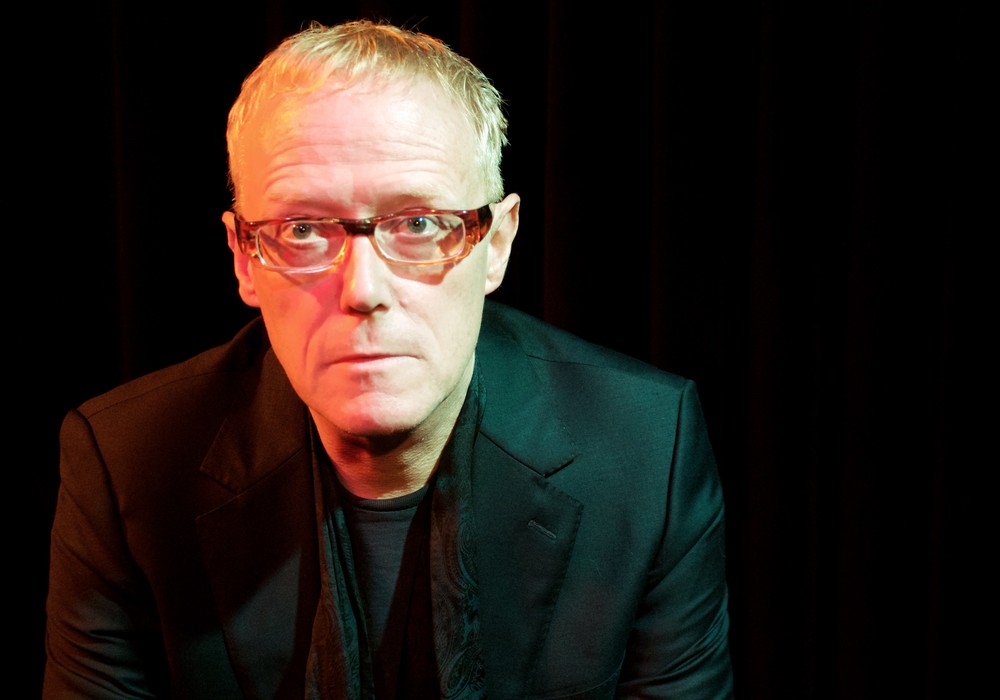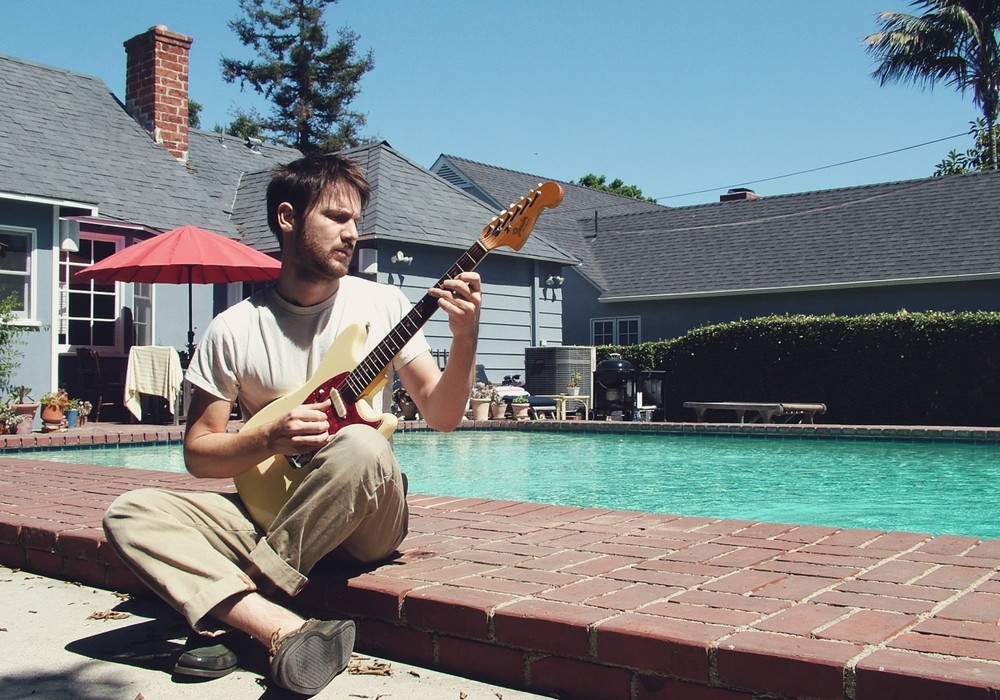Years ago I met a young woman who was assisting at several studios and working with music people around New York City. She hooked Tape Op up with an interesting interview with stomp box designer John Schumann (issue #43). But mostly she kept busy in studios, working at Stratosphere Sound (issue #37), Engine Room Audio, Looking Glass Studios, Dubway Studios and Fireproof (issue #20). Along the way Dawn did live sound in New York and on the road, toured as a backing musician with the band Hem, and slowly worked on own her own albums. More recently she has teamed up with Steve Salett (who sat in for parts of this interview) to open Saltlands Studio in Brooklyn. Her persistence and drive keep her busy, but have paid off, and I wanted others to know how she did it.
Did you go to school to study recording?
I went to NYU for two years and then I dropped out and started working in studios. I had recorded my own stuff in high school on a 4-track, and then I took a film scoring class at NYU. I remember one of our tests was to make a score for Planet of the Apes. That was fun! That's were I learned Pro Tools. I took a MIDI class at NYU. It was called "MIDI For Non-Majors."
Does anyone give a shit about MIDI anymore?
I know! This was before Clive Davis got involved with the program. Before that they had no money. All of the equipment was terrible!
When I first met you, I think you were assisting at Stratosphere?
I was working at Stratosphere and a few other studios before that. I met this tech, Steve Masucci, who repaired the Chamberlin [keyboard]. I was asking him all these questions and he ended up hiring me as his assistant.
Were you running around, helping Steve do installs and repairing synthesizers?
Just a little bit. I also helped him recap a board — the pans on a Helios console.
At Henry Hirsch's Waterfront Studio? [issue #56]
It was at his old place in the Edison Hotel — same Helios though.
So you jumped into studio work.
I did! I made a lot of mistakes. Before Stratosphere, I got my first internship at Looking Glass Studios when I was in college. I was there for six months. I started assisting there. Then I went to Dubway — Great guys. Al Houghton taught me all about the tape machine. He's a real electrical engineer — kind of over my head sometimes, but really awesome. I was assisting at Dubway and Stratosphere Sound. Then just Stratosphere. Then I was the house engineer at Engine Room Audio. That was cool. Engine Room started out like this, as rehearsal spaces. Then Mark [Christensen] made a nice room.
I thought he was doing a lot of mastering.
That's his main thing.
There was engineering going on too?
Yeah, we had a Trident. It was a manufacturing house too. There were always artists in and out of there that I knew from playing and gigging around.
What kinds of jobs were coming in there?
I did some weird stuff there. I remember once a dude just brought in some vinyl and had me transfer it. Then he brought in his reverb unit — he was rapping and I was cutting up these things for him. It was low budget — he would book a couple of hours at a time. It was all misogynistic shit. That was a moment where I wondered what I was doing with my life! This lady did a seven-disc series of test prep CDs which took me forever. I did it in Logic and I had never used Logic before. It was pretty new age-y — singing bowls and gongs. The music was really beautiful, but I'd be droning out to her voice. The music made me feel really spacey. That whole time I was also working with Steve Masucci and Victor Van Vugt [issue #48], Gary Maurer and his band Hem. I started touring with Hem, and that kind of launched me for touring. I was playing glockenspiel, sometimes singing and playing guitar.
Have you learned from a lot of different folks along the way?
I've had some great teachers. Victor Van Vugt made me his assistant on a couple of projects, which was awesome. He had a little project studio on Christopher Street. I got to track at Jolly Roger in Hoboken. Gary Maurer put me on a bunch of recordings. We worked on some projects at Brooklyn Recording and Sear Sound [issue #41] — amazing.
Part of this game is getting out and meeting people.
Yeah, totally! I was basically working in studios for five years. I wasn't recording much of my own music — I was recording when I had time. It took me four years to make my first album — all done after hours. Now it means so much to me to meet people while I'm touring. I...
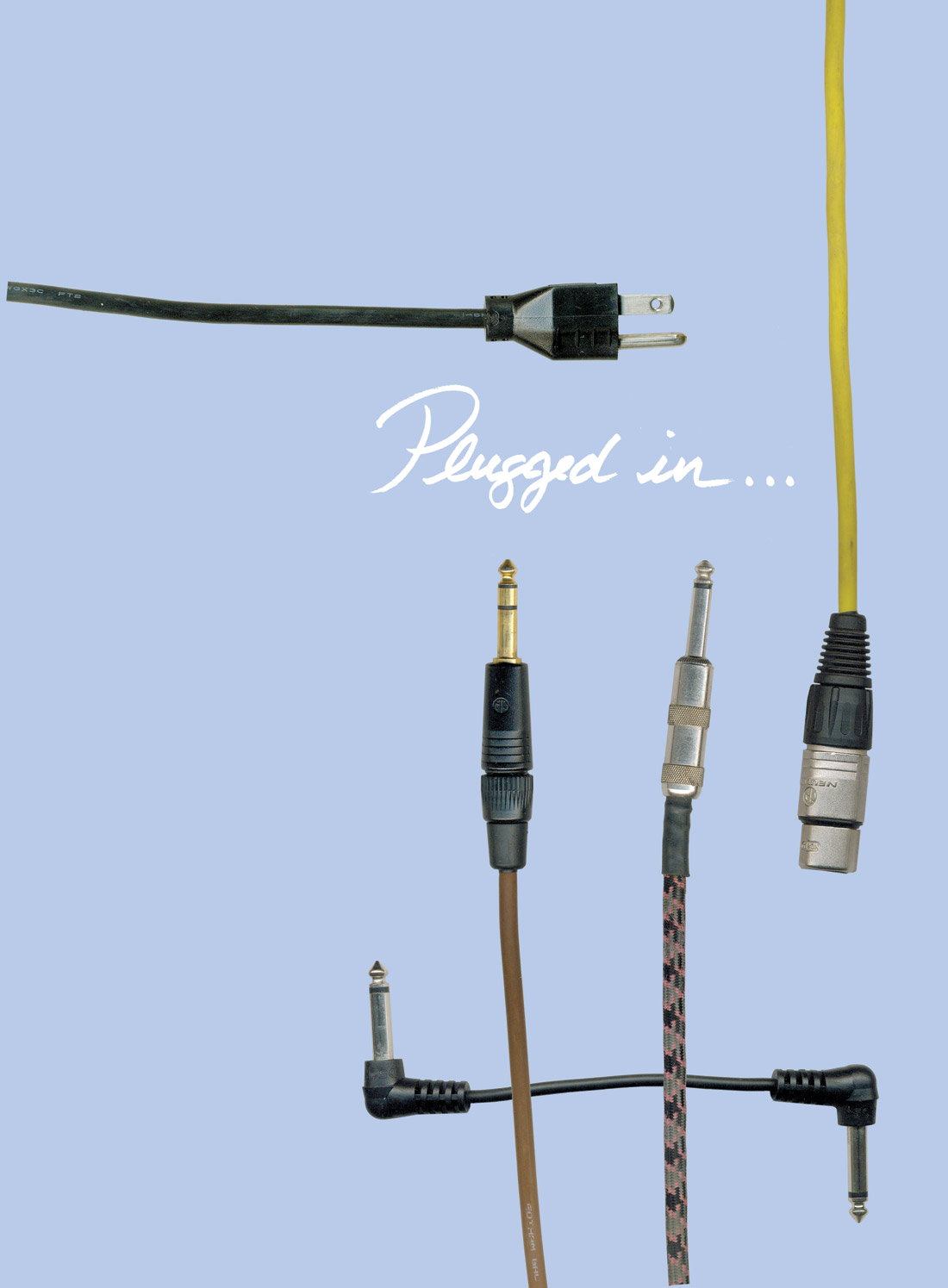

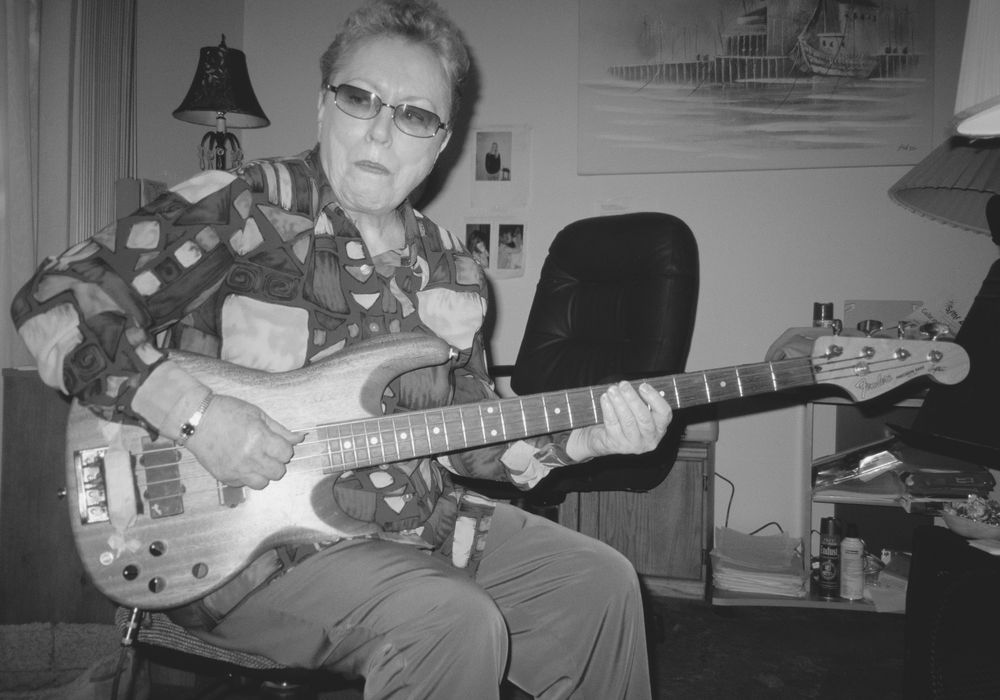
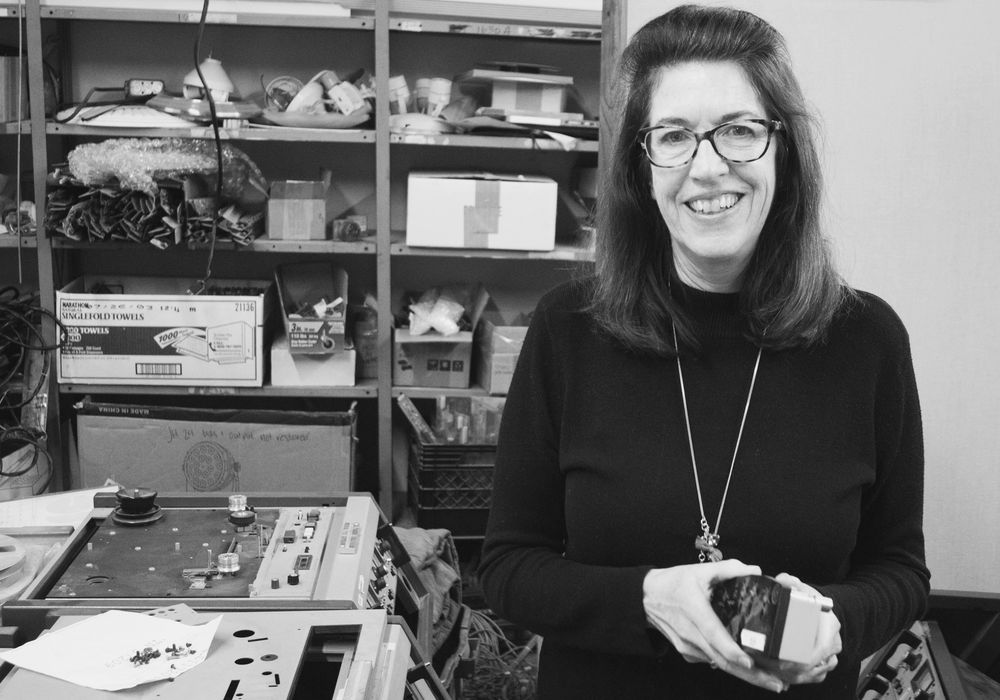
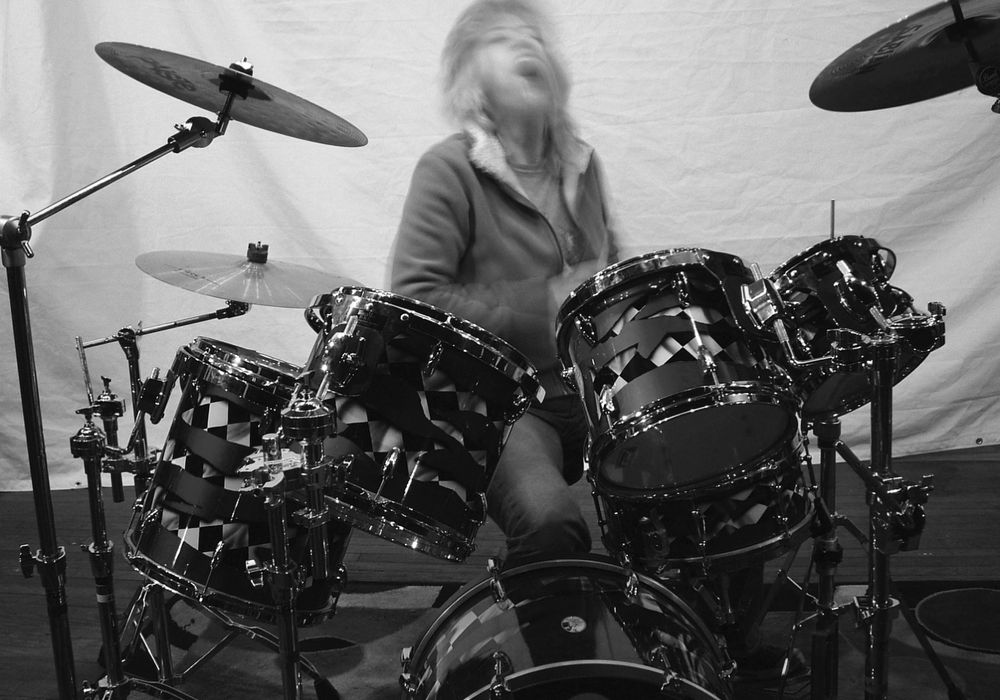
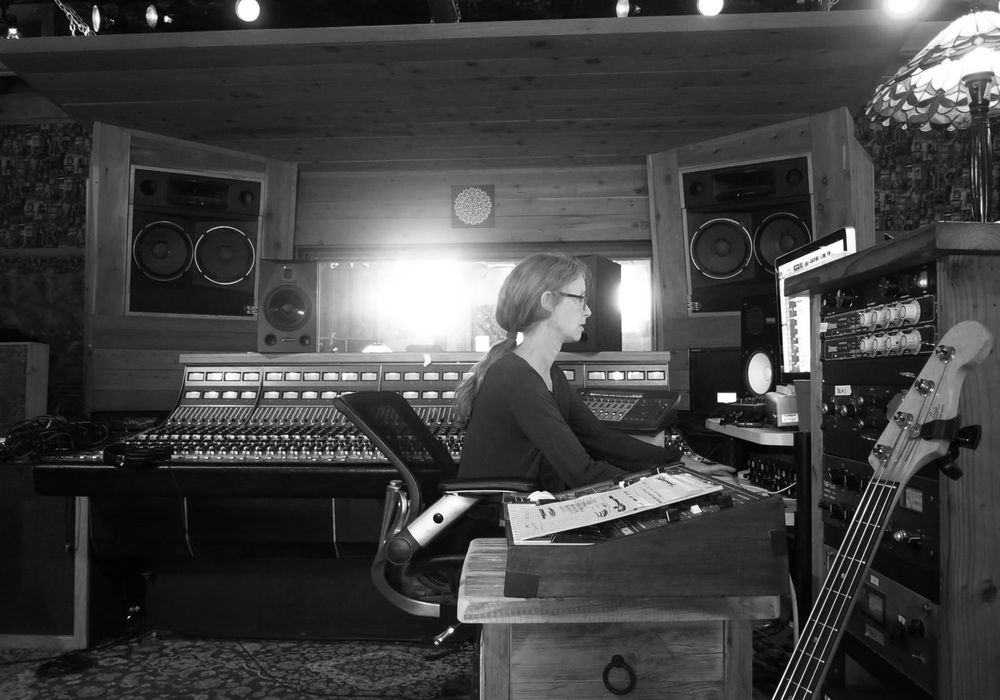
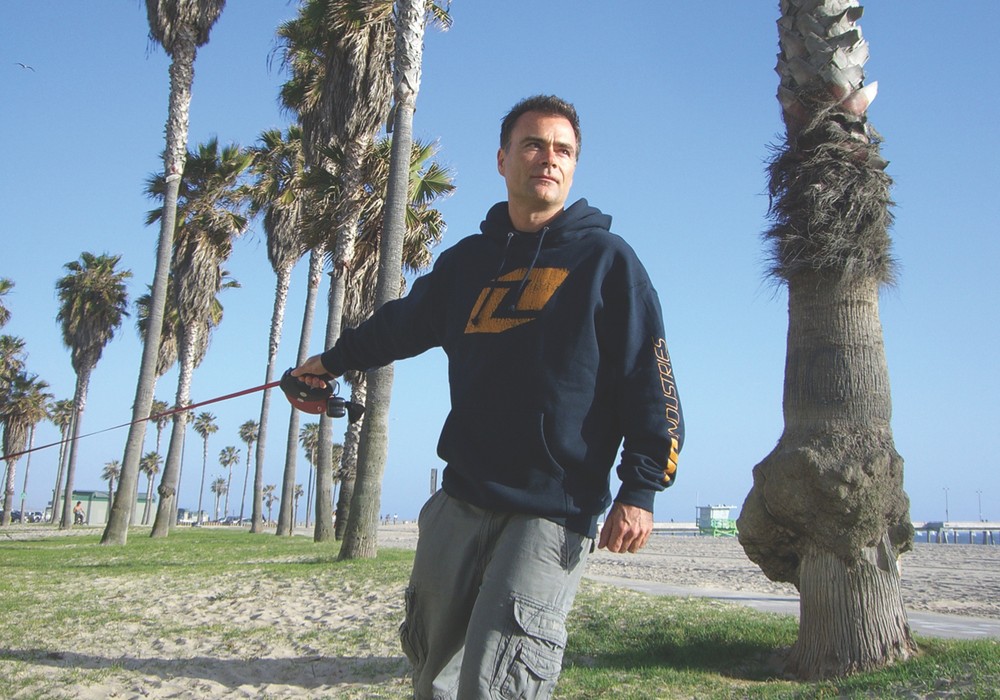
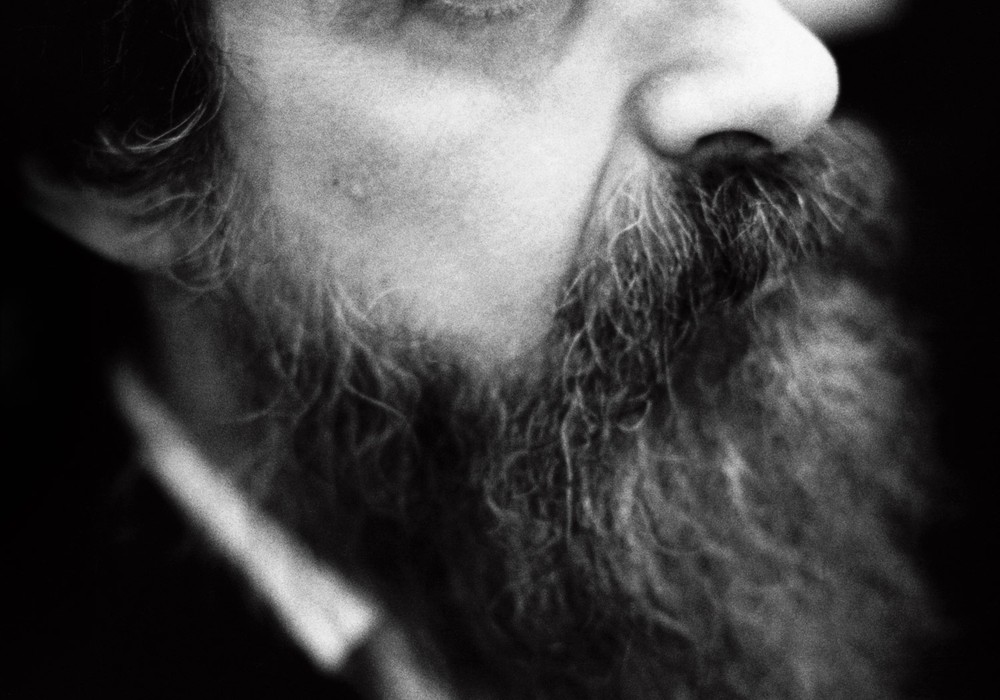
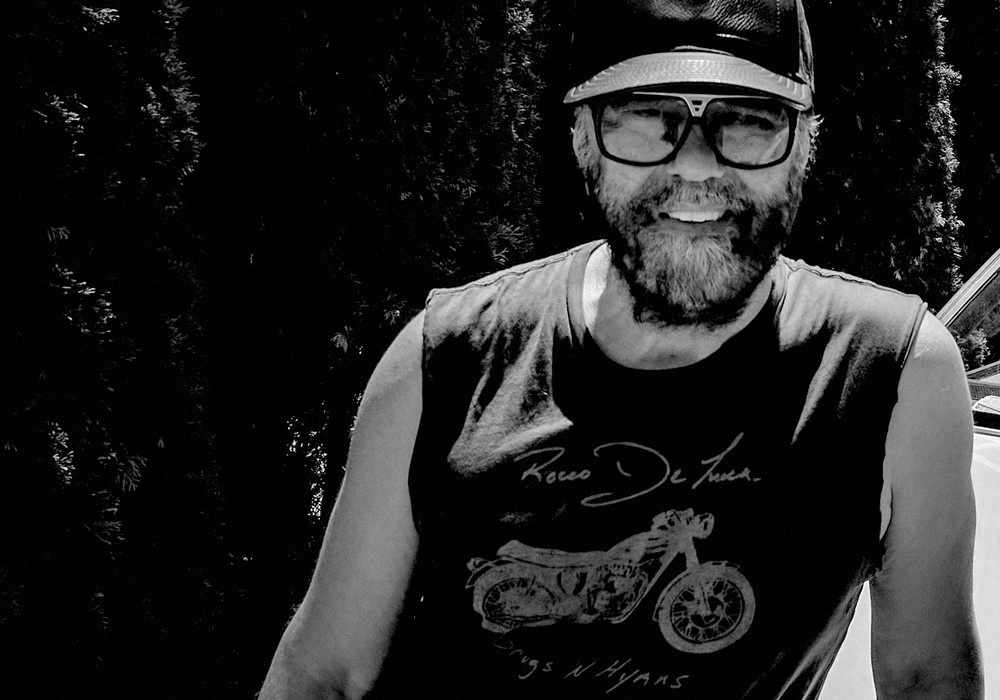
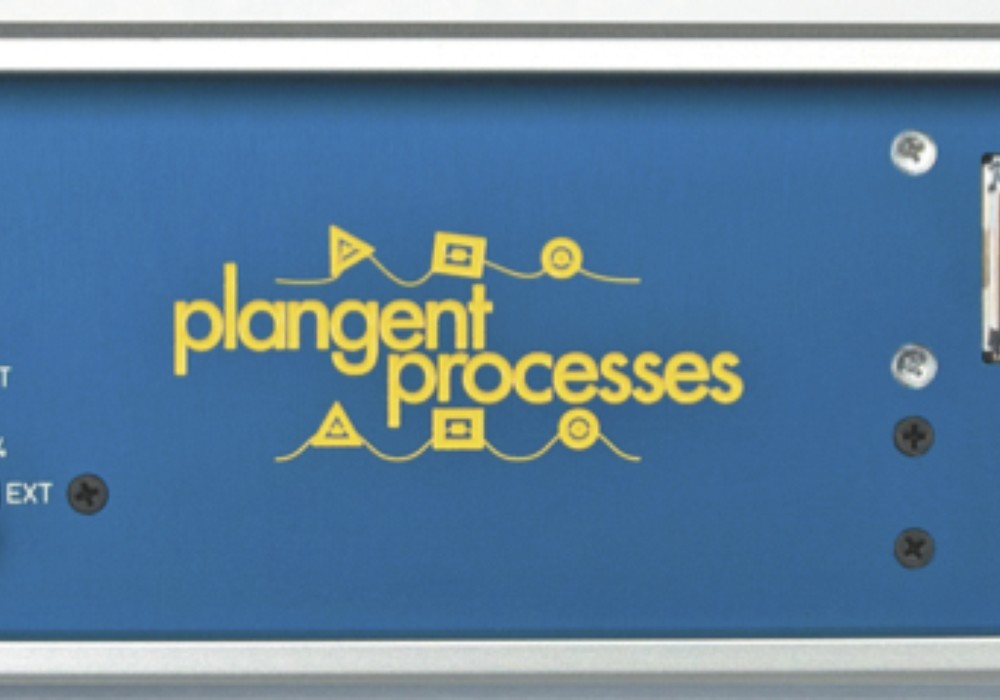
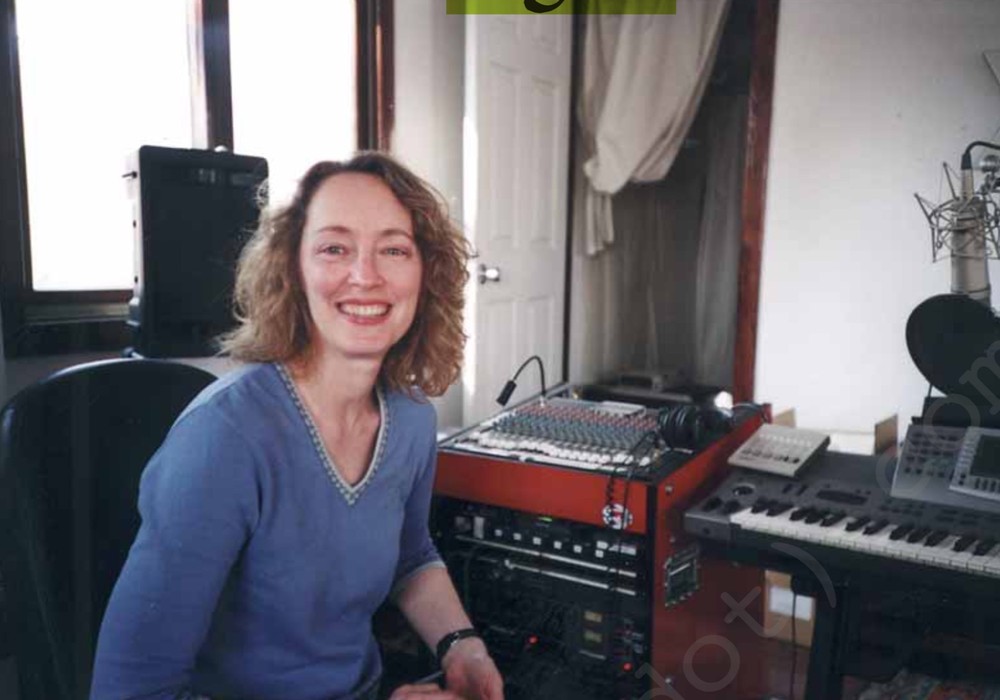
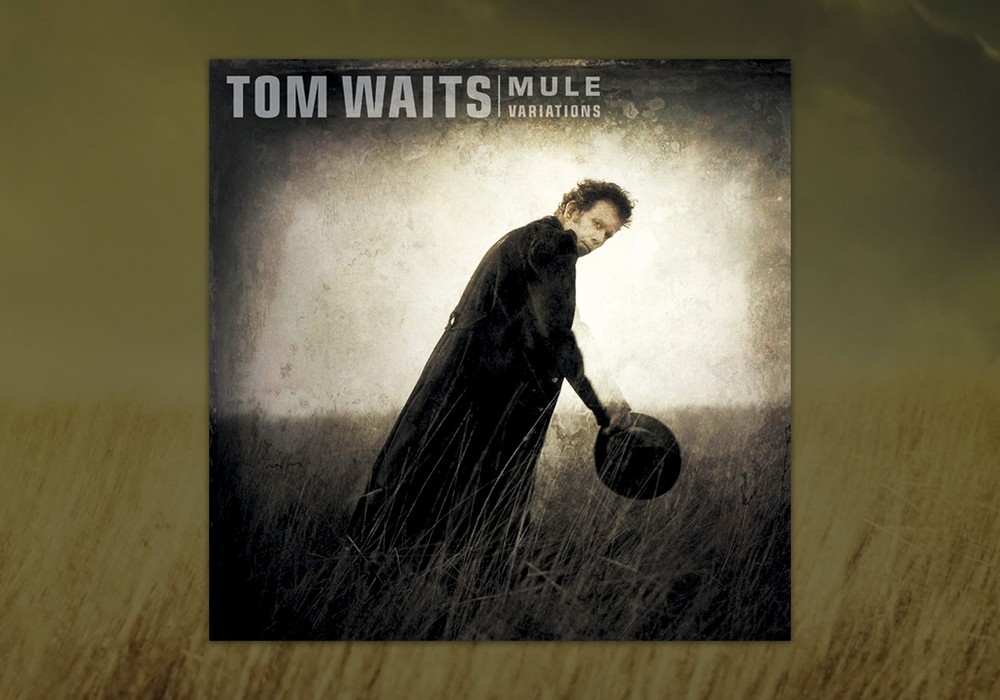
_display_horizontal.jpg)
